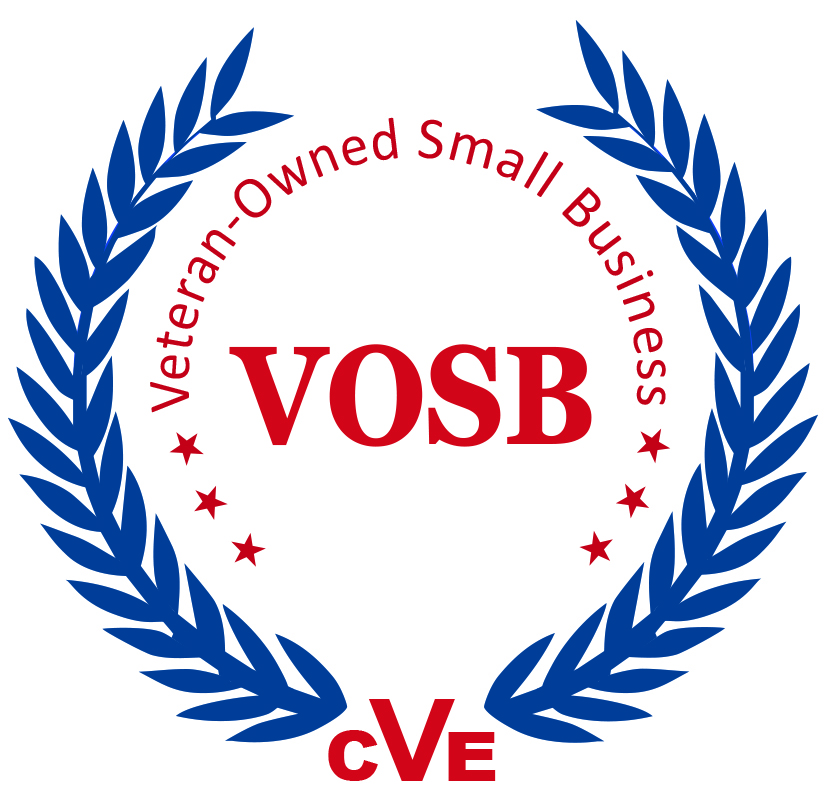
Technology within the human resources and recruitment function is advancing at break neck speeds. New tools are introduced, seemingly daily, for attracting talent, souring candidates, screening, tracking the interview process, interviewing, and management of the onboarding process. In spite of these technological advancements, the entire process still begins with a telephone call, in many cases. This first call, your telephone interview, is critical.
The goal of your telephone interview is not necessarily to “get the job,” but rather to move forward to the next interview. The following tips will help you achieve this goal.
1. Be Prepared
A telephone interview is a real interview. Prepare as though you are going to a face to face interview.
- Take the call from a landline or a place with strong cell reception. Static and poor reception from mobile telephones can be detrimental.
- Prepare a space with no distractions.
- Have your resume in front of you. The prospective employer will have it in front of them and will likely ask questions about your career, as it is portrayed on your resume.
- Prepare thoughtful questions such as “what can I do for you on day-1 to positively impact the company?” or “how will your ideal candidate function in the position?” This will help to engage the interviewer and their answers will give you valuable information about their expectations. Questions like “how much does this job pay?” and “what time can I leave” can be a turn off, if they are discussed before substantial conversation that qualifies your candidacy.
- Be prepared for the following questions:
– Tell me about yourself?
-What do you know about our company?
-What are your primary strengths and weaknesses?
-What are your short and long term career goals?
-Please tell me about a recent accomplishment. Followed by,
how did you make it happen? Can you walk me from A to B?
2. Do Your Homework
Do your homework on your prospective employer. Most companies have a web site outlining their mission, vision, values, as well as their leadership team. This alone can give you an idea of the culture of the organization and provide great conversation points for your telephone interview. I recommend taking your research a step further and doing your homework on the background of your interviewer on LinkedIn and other social media sites.
In many instances, especially when interviewing for a higher level position, the prospective employer expects you have done your homework prior to the call. If they learn otherwise, they will assume you are not serious about their position.
3. Practice Your Presentation
Similar to other professional skills, your interviewing skills will be much greater with a little practice. Start by verbally walking through your resume. Anticipate questions about your accomplishments and be prepared to quantify your accomplishments. Trust me, you will be much smoother after verbally practicing your answers a few times.
4. Speak Clearly and Listen
During a telephone interview, we lose the ability to send and receive non-verbal queues. Word choice and verbal delivery become very important.
- Speak clearly.
- Use precise language.
- DO NOT interrupt the interviewer.
- Answer questions fully, but in a succinct manner.
- LISTEN to the interviewer and circle back to their key points to demonstrate your listening skills and interest in the conversation.
5. Avoid Multitasking
Avoid multitasking and focus. If you give the interviewer the feeling you are not actively listening, even for a moment, you will project a lack of interest and your interview will be over.
6. Enthusiasm Sells
One of the most common mistakes in a telephone interview is neglecting to demonstrate enthusiasm about your career and the employment opportunity at hand. Prospective employers want people who are excited about their company and the available opportunity. Regardless of your skill level or years of experience, it is still important to demonstrate an interest in the prospective position and demonstrate passion for your career.
Practice voice inflection and verbal emphasis during your interview response rehearsal. Again, when you lose non-verbal queues, voice inflection and emphasis are valuable tools when attempting to project enthusiasm and engage the interviewer.
7. Close the Interview
At the end of your telephone interview, thank the interviewer for the opportunity to discuss the position and inquire about their timeline to hire. Tell them you are excited about the prospect of you joining their team and ask if they have any additional questions about your background and qualifications. At this point, share that you hope to meet them face to face and ask if you will have an opportunity to do so.
8. Send a Thank You
Sending a thank you note to the interviewer is another opportunity to demonstrate your interest in the position and express gratitude for their interest in you. Send a thank you note via email while you are fresh on their mind of the interviewer. Often, a thank you note sent via email will prompt the interviewer to advance the process when they have returned to the whirlwind of their job and they are managing competing demands.
Whether you are a rookie or a seasoned veteran, it is imperative make a strong first impression. Take your telephone interview seriously, follow these steps, and you will likely find yourself moving forward to the next round.
Stark Lane, Inc. is one of the most influential Executive Search Firms within the American Healthcare market. With a search focus spanning from Private Equity to the top US News and World Report Health Systems, and a reach that touches all 50 states and American joint ventures abroad, whether your organization is searching for industry leading talent or you are considering a career change, Stark Lane can help.
Learn more by visiting our website www.starklane.com or check out our Career opportunities. Questions? Call (469)208-8776.







